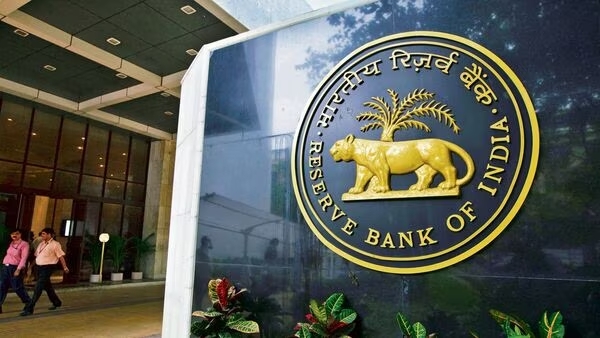Investments in Alternative Investment Fund
By on January 31, 2024
POSTED IN Corporate and Commercial,

The Reserve Bank of India (RBI) via notification no. RBI/2023-24/90 dated December 19, 2023 has provided explicit guidelines to Regulated Entities (REs) with respect to their investment in Alternative Investment Funds (AIFs).
Analysis
The RBI has expressed apprehensions regarding the potential misdirection of funds by REs in AIFs, resulting in evergreening of loans. Evergreening practices involve replacing direct loan exposure to borrowers with indirect exposure through AIF investments.
The RBI notification expressly deals with REs investing in AIFs, who have investments in a debtor company. Debtor company is a company in which the RE currently holds or has had a loan or investment exposure at any time during the preceding 12 (twelve) months.
To address the concerns relating to evergreening and unfair lending, the RBI mandates that REs shall:
- not make any investments in any scheme of AIFs, which have any downstream investments either directly or indirectly in a debtor company of the RE; and
- liquidate its investment in the AIF scheme within 30 (thirty) days from the date of downstream investment by the AIF in the debtor company, in the event RE is an existing investor in an AIF.
Further, any investment by RE in the subordinated units of any AIF scheme with a ‘priority distribution model’ shall be subject to full deduction from RE’s capital funds.
However, in instances where the RE is unable to liquidate its investment within the stipulated timeline provided, it is under the obligation to make 100% (one hundred percent) provisions on such investments.
The effective date of the notification is the date of the circular, emphasizing prompt adherence by REs.
Conclusion
The RBI directive aims to address and thereby intends to prohibit the misleading practice of evergreeing of funds by the REs. Evergreening leads to substitution of direct loan with indirect loan by extension of new loans to REs and hence covering older debts. These directives, grounded in relevant banking and regulatory acts, take immediate effect upon issuance, signaling a proactive approach by the RBI to regulate and control such misleading financial practices.
Assisted By
- Mr. Avneesh Bahuguna (Associate)
- Mr. Aayush Kumar (Intern)







